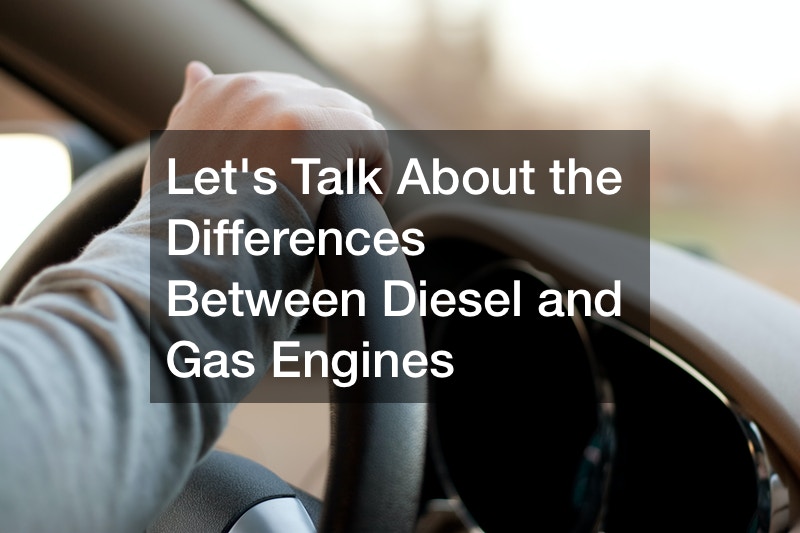
Lets Talk About the Differences Between Diesel and Gas Engines

While petrol and diesel engines operate on the same four-stroke cycle, the differences go beyond diesel engines being more efficient. The YouTube video “The Differences Between Diesel and Petrol Engines” highlights the differences between the two kinds of fuel engines.
Petrol and diesel engines differ in how the air and fumes in the engine are ignited. Due to the absence of spark plugs in diesel engines, the combustion of the air and fumes is determined by the compression and temperature in the engine. Diesel engines are more fuel-efficient due to this characteristic since petrol engines do not compress air and fume to the point of combustion.
Instead, they rely on spark plugs.
Although this difference no longer holds for all modern diesel and petrol engines, diesel engines tend to lack a throttle body. When the pedal is exerted with greater force, the diesel engine supplies more fuel to increase power. In contrast, a gasoline engine requires a throttle body to allow more air into the engine and produce greater power.
]
Braking is another aspect in which petrol and diesel engines differ. Taking the foot off the throttle slows the car down in petrol engines, while braking occurs in diesel engines during the compression stroke. Professionals at diesel engine repair services are often familiar with these differences.
.



